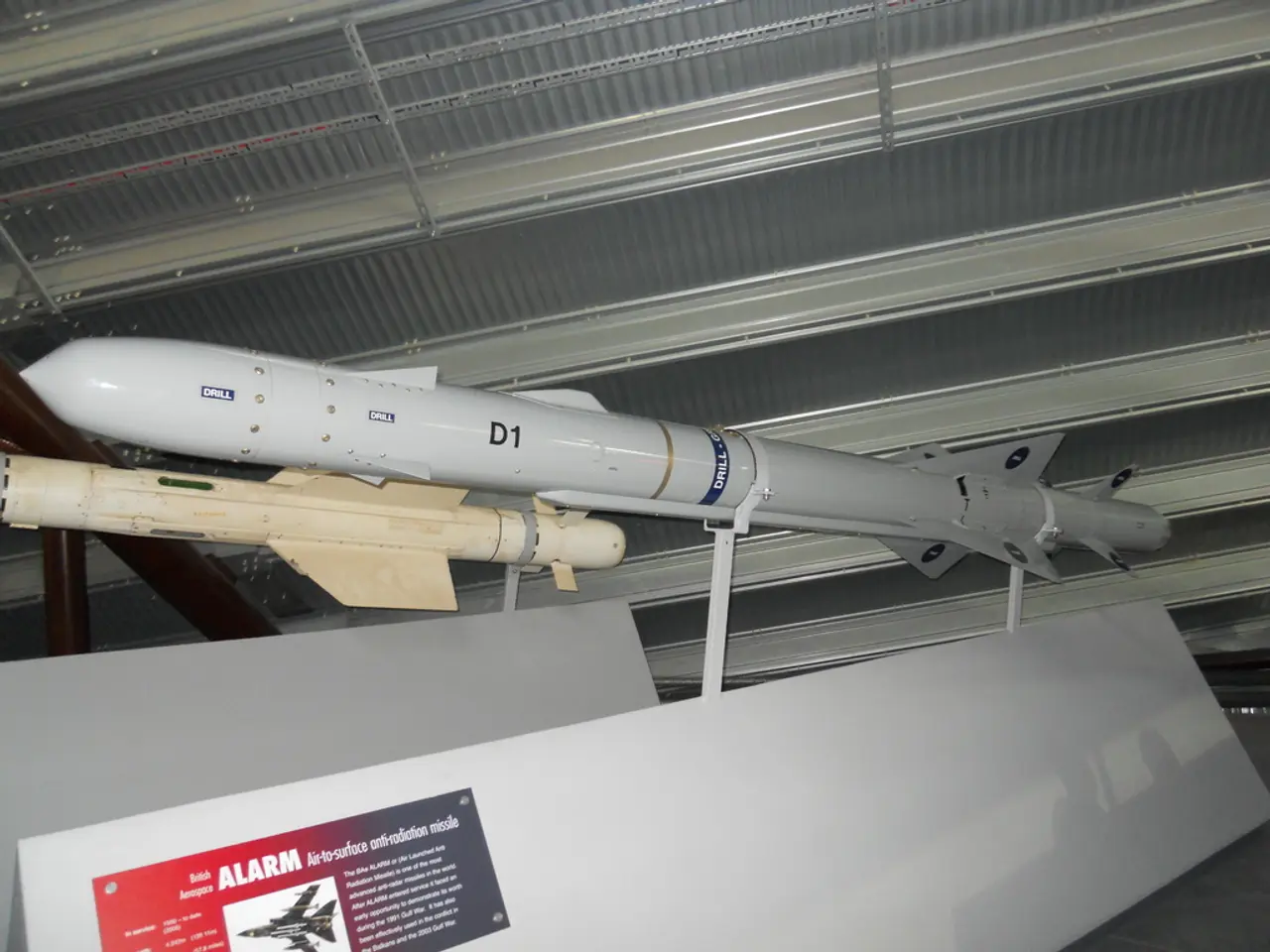South Korea Protests Japan's Assertion over Takeshima in Official Document
In a recent development, the South Korean Foreign Ministry has expressed strong opposition to Japan's claim of sovereignty over the Sea of Japan islets known as Takeshima in Japan and Dokdo in South Korea. The dispute, which dates back to the Japanese colonial rule, remains a sensitive and enduring bilateral issue intertwined with historical memories, national pride, and regional security concerns.
The latest clash occurred following the publication of Japan's defense white paper in 2025, which reiterated Takeshima's inclusion in Japanese territory. In response, South Korea summoned Japan’s defense attache to express its protest against what it deemed as Japan's "repeated and unjust" claims.
South Korea's argument for sovereignty over Dokdo is based on several key points. Historically, Seoul asserts that Dokdo has been an integral part of Korean territory. The restoration of sovereignty over the islets following Korea's liberation from Japanese colonial rule (1910-1945) is a significant cornerstone of their claim. South Korea maintains its claim based on historical Korean administration and use of the islets prior to Japanese annexation, rejecting Japan’s narratives in defense white papers as distorting history.
Geographical proximity also reinforces South Korea's sovereignty claim. Dokdo lies closer to the Korean coast than to the Japanese mainland, making it part of Korea's natural continental shelf area and territorial waters under international law.
International law is another pillar of South Korea's argument. Seoul argues that its sovereignty over Dokdo is recognized under international law, with effective control and administration of the islets, including a small police detachment stationed there. South Korea rejects Japan’s claims as unjust, emphasizing that they have "no impact" on Korea’s sovereignty, and vows to firmly counter any provocations.
Japan, on the other hand, maintains the islets as inherent Japanese territory, referring to them as Takeshima. The country regards the territorial dispute as "unsolved" but insists the islets belong to Japan, reiterating this in annual defense white papers dating back to 2005.
The dispute continues to impact the relationship between the two countries. The South Korean media reported on the Japanese white paper's description of South Korea as a partner, but the positive sentiment was overshadowed by the ongoing disagreement over Dokdo.
The Japanese defense white paper also emphasizes the importance of maintaining a strong defense posture in the face of regional security challenges, including North Korea. The document outlines plans for increased defense spending to modernize the country's military capabilities.
As the dispute persists, both countries continue to assert their claims, underscoring the need for diplomatic dialogue and understanding to resolve this historical and sensitive issue.
A photo of South Korean protesters, holding signs with slogans asserting their country's sovereignty over Dokdo, was featured prominently in various global media outlets, highlighting the ongoing tension between the two nations. The global news outlets often cover general-news stories about the mutual allegations and counterclaims regarding the Dokdo islets, adding politics to the everlasting bilateral discord.







